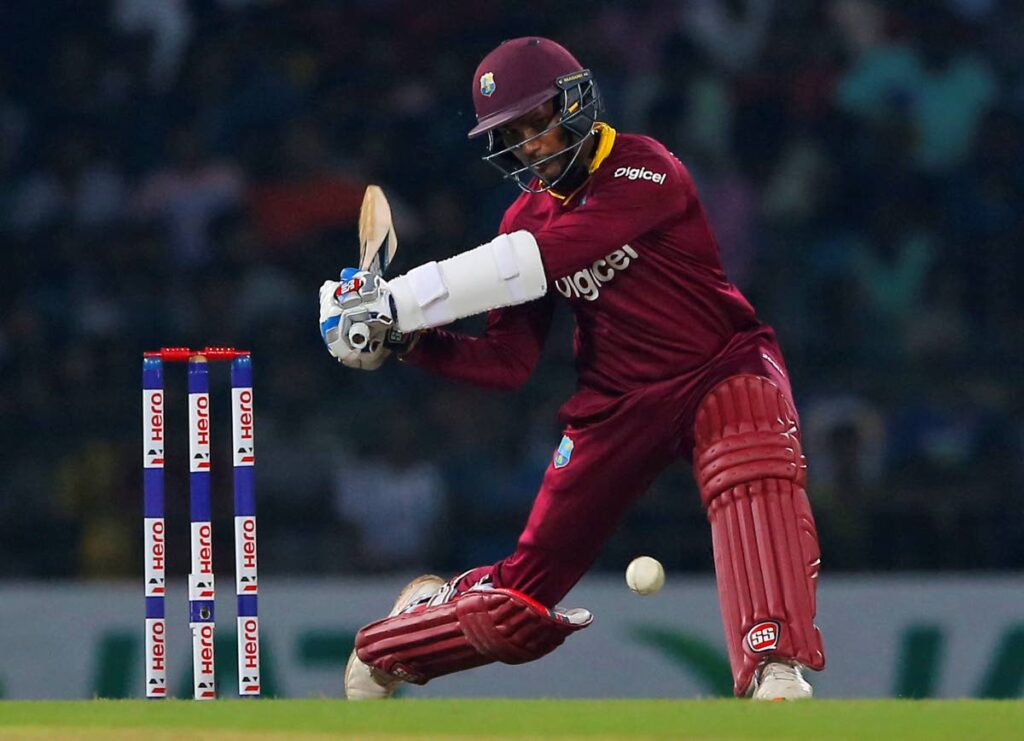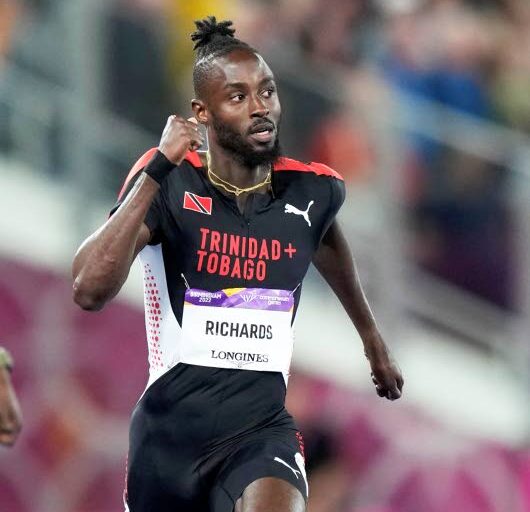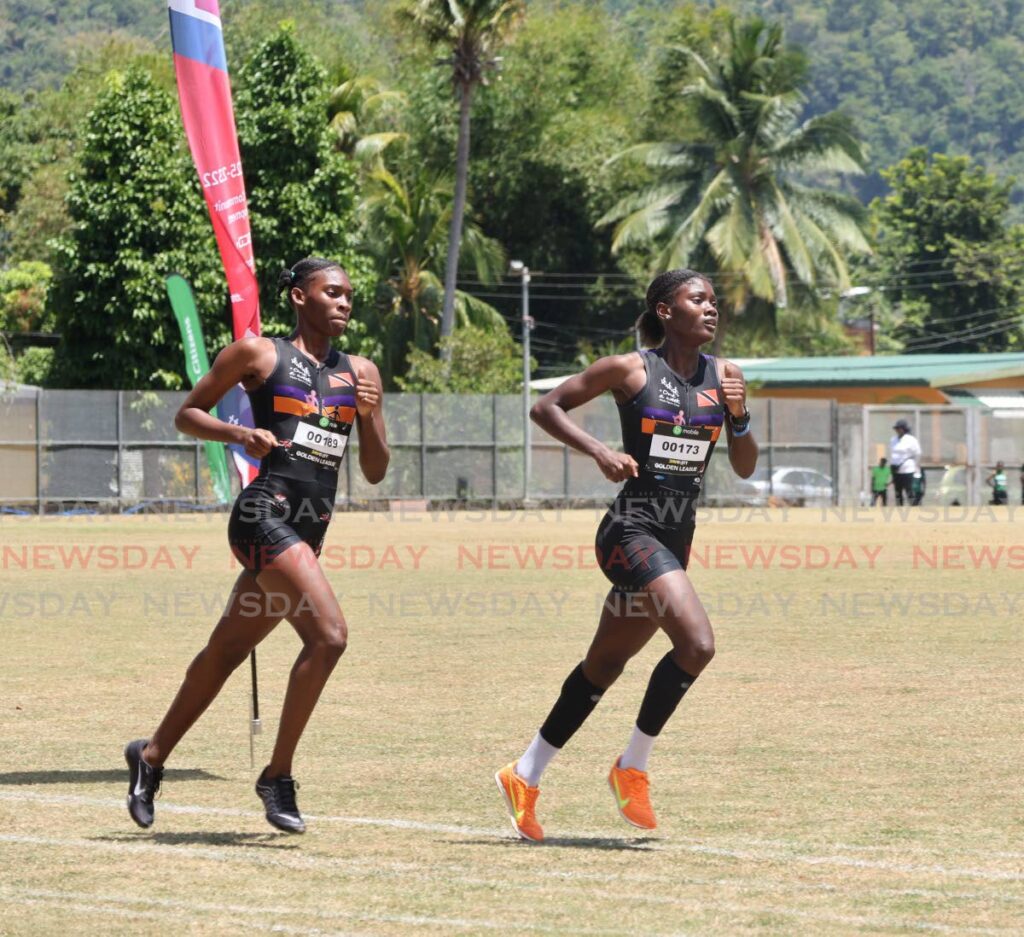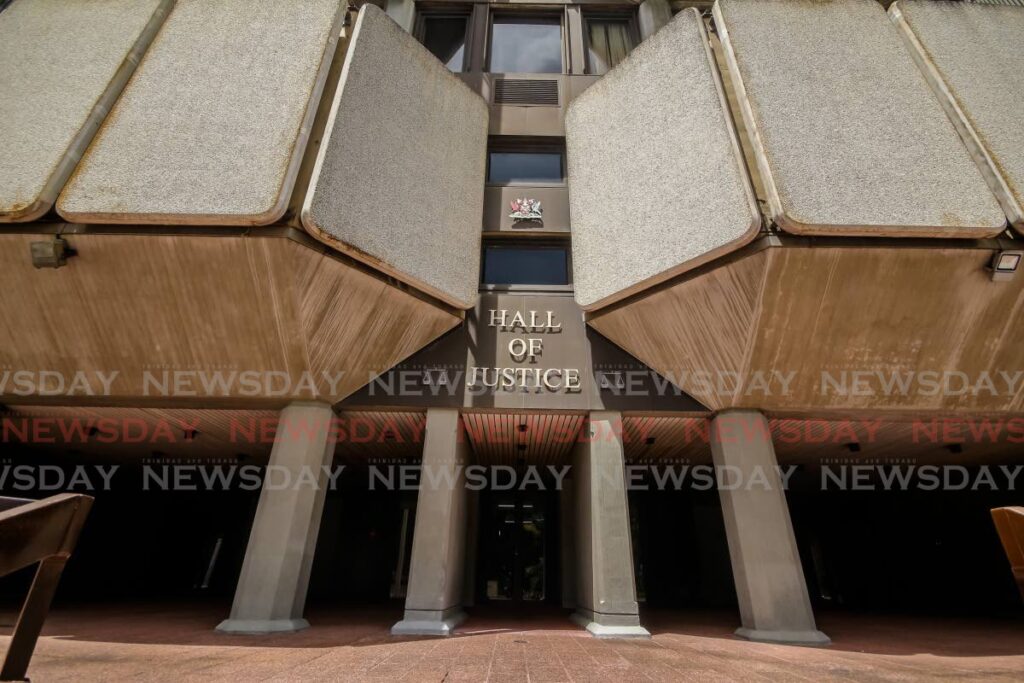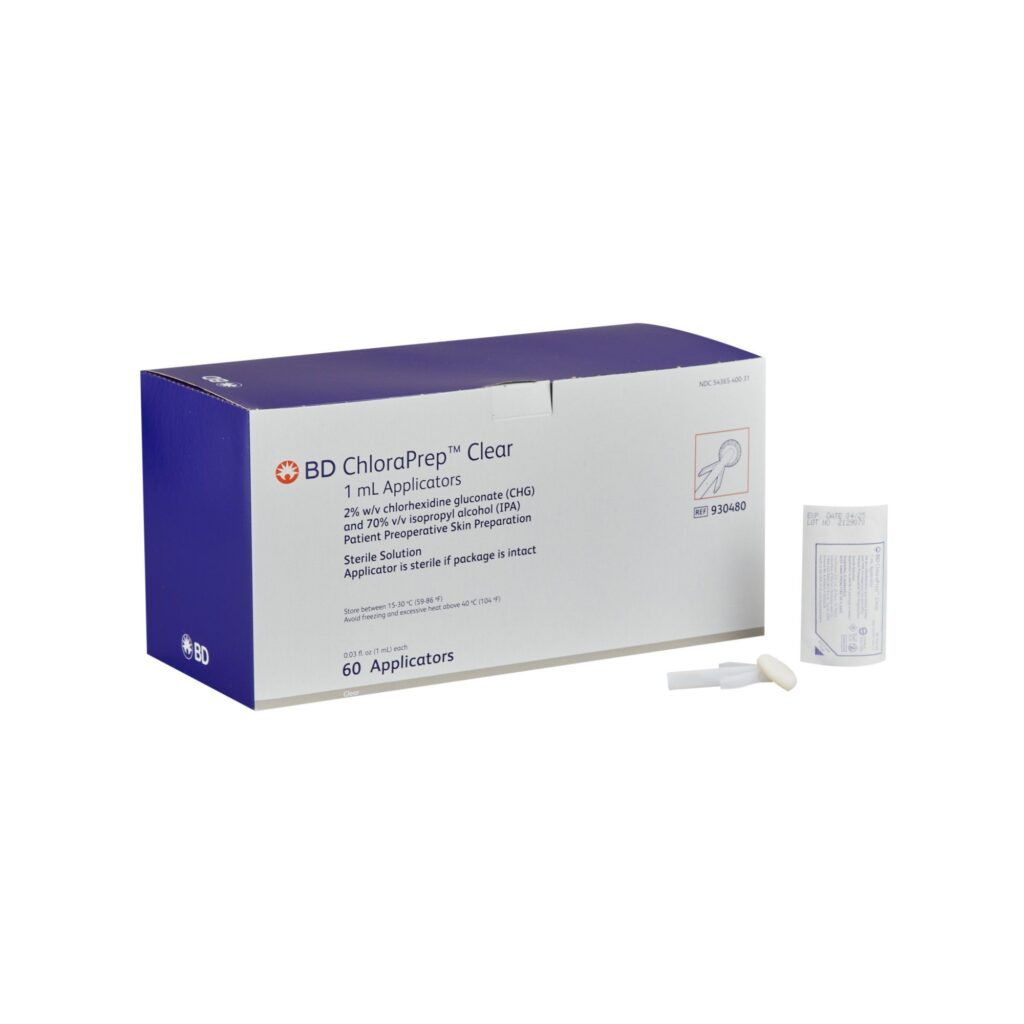Privy Council rules in VAT case for legal costs
Written by Jada Loutoo on February 21, 2025
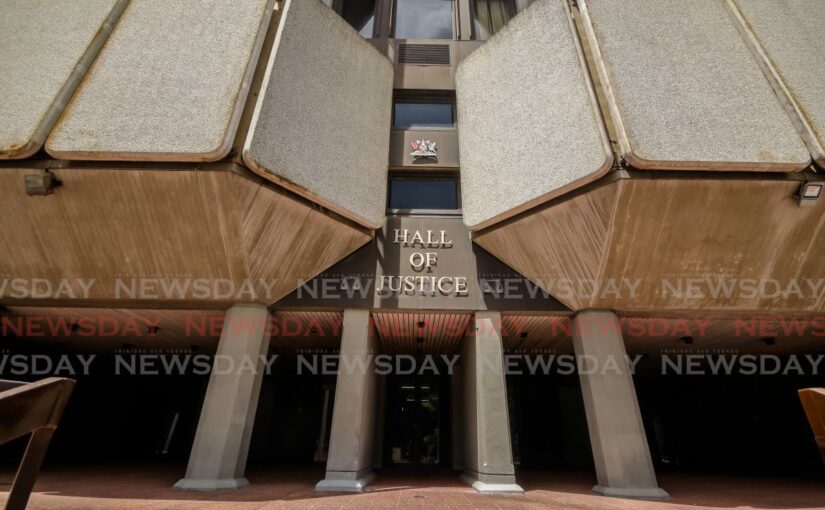
The Privy Council has settled the issue of how Value Added Tax (VAT) is to be added to legal fees in Trinidad and Tobago.
In a ruling on February 20, Lords Hodge, Briggs, Hamblen, Richards and Lady Rose upheld the appeal filed by attorneys for Bhagwantee Singh-Weekes, the mother of a 20-year-old man, Navin Singh, who died in 2014 from complications from a “flesh-eating” disease.
The Privy Council’s decision overturned a ruling by the Court of Appeal and set a precedent for how VAT is to be applied to court-awarded costs.
The case arose from a wrongful death lawsuit filed against the South-West Regional Health Authority (SWRHA) over medical negligence in Singh’s death. The SWRHA was ordered to pay almost $2 million because doctors misdiagnosed Singh.
He was twice diagnosed with sciatica—severe pain radiating from the back into the hip and outer side of the leg caused by compression of the sciatic nerve but doctors eventually said he had necrotising fasciitis—a bacterial infection that results in the death of soft tissue. He died on October 30, 2014, five days after he sought treatment.
His mother was represented by a team of attorneys led by Anand Ramlogan, SC.
On February 14, 2020, Justice Avason Quinlan-Williams ruled in favour of Singh’s estate and awarded $1,650,276.97 in damages and $141,513.85 in prescribed costs. However, the judge refused a request by Ramlogan to add VAT to the prescribed costs, a decision later upheld by the Court of Appeal.
The dispute centred on the interpretation of Rule 67.13 of the Civil Proceedings Rules (CPR), which states that a party who is not VAT-registered may add “the appropriate amount” of VAT to awarded costs. The Court of Appeal took a strict interpretation, ruling that VAT could not be added once costs were already awarded.
Ramlogan argued that the Appeal Court’s interpretation was flawed and that VAT should be recoverable as part of the costs to prevent undue financial burdens on litigants.
The Privy Council unanimously ruled that the lower courts misinterpreted Rule 67.13 and that VAT should be added to prescribed costs.
It noted that the Appeal Court decision in the case has since been applied in several cases by first-instance judges to refuse applications to add VAT to the costs awarded to a successful party who has been represented by a VAT-registered attorney.
“The decision raises a question of law which is important to legal practice in Trinidad and Tobago.”
In arriving at their decision, the Privy Council judges held the Court of Appeal’s interpretation of Rule 67.13 was incorrect. The correct analysis was that the word “awarded” in the rule includes costs that have been or will be awarded.
“There is nothing unprincipled about the addition of the appropriate amount of VAT to the prescribed or other costs awarded or to be awarded when the recipient party’s attorney is VAT-registered and the recipient party has paid or is liable to pay that sum as VAT.”
They noted the purpose of the rule was to ensure successful litigants are not disadvantaged because of tax obligations.
“The purpose of rule 67.13 is to compensate the recipient of an award of costs for having incurred VAT on his or her attorney’s fees when he or she is not VAT-registered and cannot credit the amount of the charge as input tax against liability to pay output tax.
“The provision also can reduce the risk of a VAT-registered attorney being disadvantaged in the marketplace for legal services in competition with attorneys who are not VAT-registered.”
In deciding the appeal, the Privy Council clarified that VAT should only be recovered up to the amount incurred, preventing overcompensation.
“There is an indemnity principle which caps what a recipient of an award of costs can recover by the addition of a sum under rule 67.13.
“The recipient cannot recover VAT on the award of costs in a sum greater than the liability to VAT which he or she has incurred on the fees charged by his or her attorneys.”
Lord Hodge, who delivered the ruling, said while Singh-Weekes’ attorneys could have raised the VAT issue earlier, the request was still valid before Quinlan-Williams’ final order was issued in December 2020.
In arguing the appeal, Ramlogan said his chambers had been involved since 2018, preparing for and conducting the trial.
He acknowledged that he could have applied for VAT under Rule 67.13 earlier but did so within hours of receiving the judgment on September 3, 2020.
At that time, he also submitted his chambers’ VAT registration certificate. He argued that his firm’s fees far exceeded the prescribed costs, meaning the VAT owed on those fees was significantly higher than the 12.5 per cent recoverable under the rule. He dismissed the SWRHA’s call for an investigation into his firm’s fees as unnecessary, since, he said the authority’s legal costs in the case were six times the prescribed costs awarded to his client.
On the issue, Lord Hodge said, “The Board is content to accept the representation by Mr Ramlogan that the VAT paid or due on his chambers’ fees in this case greatly exceeds a 12.5 per cent uplift on the prescribed costs under rule 67.13.
“There is therefore no need to require the production of his chambers’ fee notes or to remit the case for further investigations. Such further proceedings would not be consistent with the overriding objective.”
In allowing the appeal, the Privy Council ordered the addition of a 12.5 per cent VAT charge to Singh-Weekes’ awarded costs, amounting to approximately $18,388.85. The parties have been invited to confirm this amount and submit further cost-related submissions within 21 days.
Also appearing with Ramlogan were Mohammud Jaamae Hafeez-Baig and Aasha Ramlal, instructed by Freedom Law Chambers. Katherine Deal, KC, and Vijai Deonarine, instructed by Charles Russell Speechlys LLP of London, represented the SWRHA.
The post Privy Council rules in VAT case for legal costs appeared first on Trinidad and Tobago Newsday.
